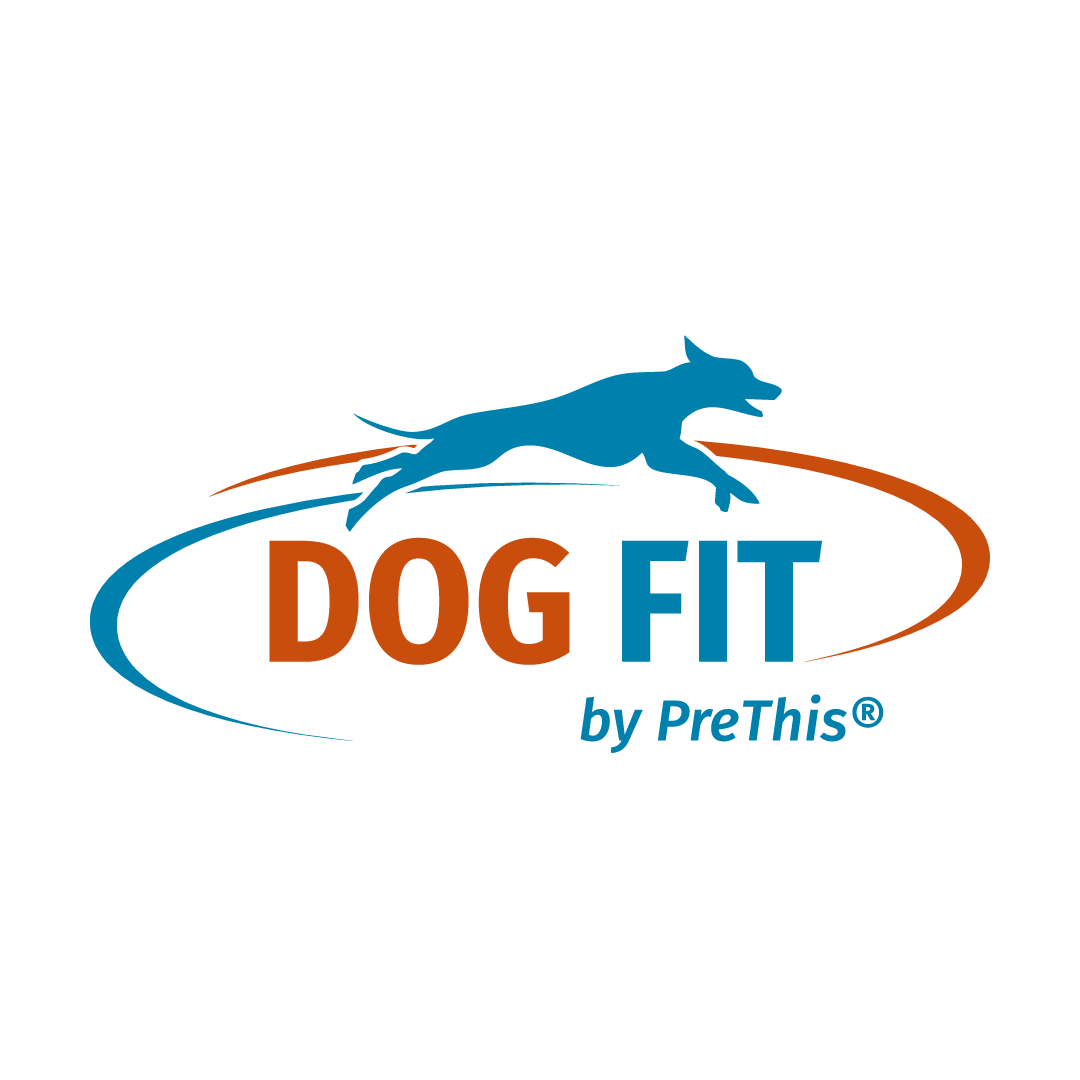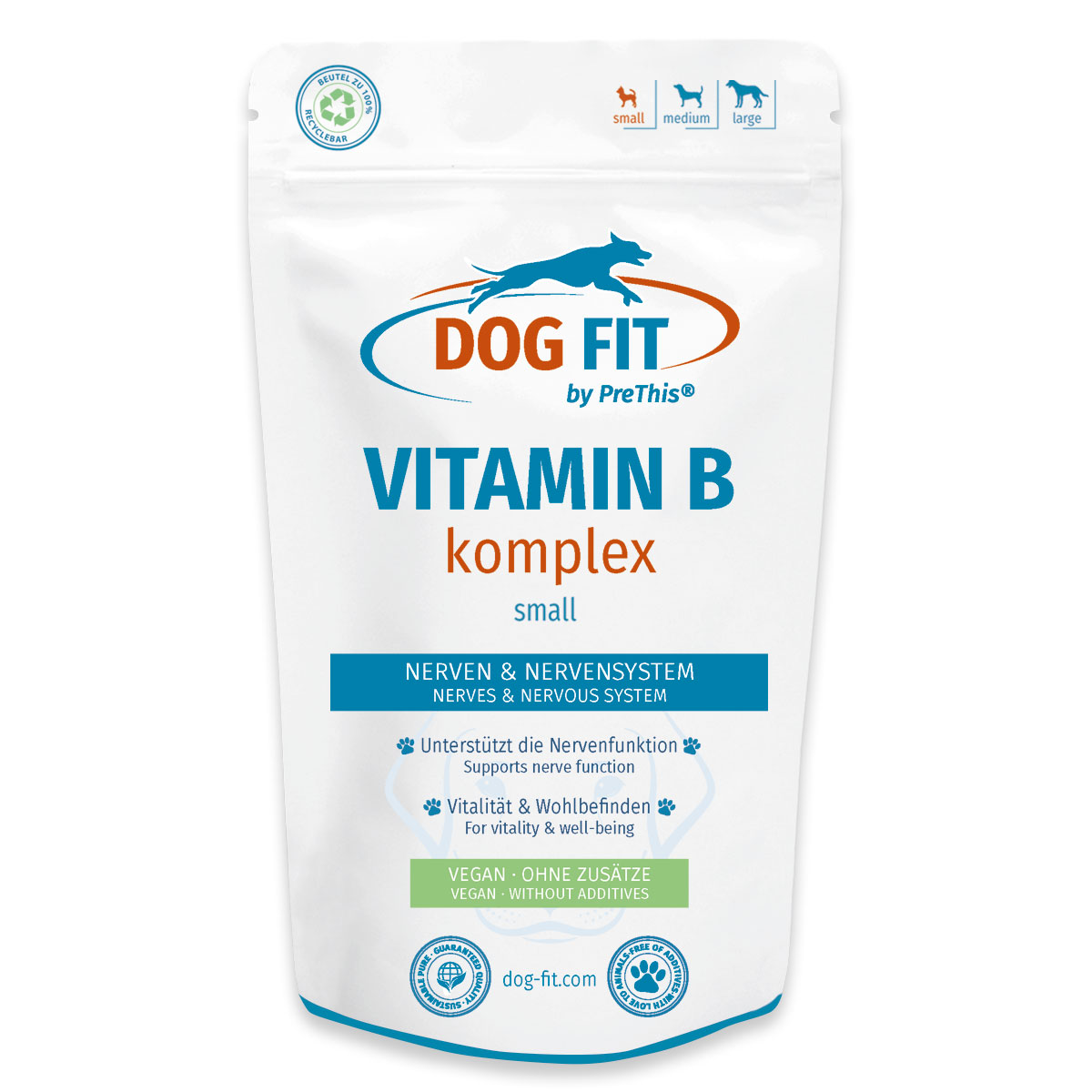
Vestibular syndrome in dogs can be very worrying for owners, as the symptoms usually appear suddenly and often seem dramatic. It affects the balance organ in the inner ear, which plays a central role in coordination and orientation. Below, we’ll take a look at the causes, symptoms, and possible ways you can best support your dog in this situation.
Causes of Vestibular Syndrome in Dogs
Vestibular syndrome is not a separate disease, but rather describes a disorder of the balance organ. The causes can be varied:
- Idiopathic Vestibular Syndrome: This is the most common form of the syndrome and occurs without a known cause. It often affects older dogs and can occur suddenly.
- Internal Otitis: Inflammations in the inner ear, such as a middle ear infection, can affect the vestibular system.
- Tumors: Rare, but possible, tumors in the inner ear or in the area of the brain that controls the vestibular system can cause the syndrome.
- Injuries: Head injuries, falls, or other traumatic events can trigger vestibular syndrome.
- Poisoning or Side Effects of Medications: In rare cases, toxic causes can also play a role.
Symptoms of Vestibular Syndrome
The symptoms can be very noticeable, which initially frightens many dog owners. Typical symptoms include:
- Dizziness: Dogs with this syndrome often have difficulty maintaining their balance and may stumble or stagger.
- Nystagmus: This is an uncontrollable, rhythmic twitching of the eyes.
- Nausea: Some dogs may vomit.
- Head tilt: The dog’s head may be tilted to the side.
- Loss of appetite: Dogs with vestibular syndrome often have difficulty eating.
Treatment approaches for the vestibular system
Treatment depends on the cause. With idiopathic vestibular syndrome, patience is usually required: Many dogs show initial improvement after a few days, and the condition often largely returns to normal within two to three weeks. Medications for nausea or vomiting can be helpful. Natural remedies such as charcoal tablets or healing clay are sometimes used to relieve gastrointestinal complaints, but they are no substitute for veterinary treatment. If inflammation is present, the veterinarian will treat it specifically with antibiotics or other medications. In cases of dehydration or severe weakness, an IV drip may be necessary.
Further information: Faculty of Veterinary Medicine, Ludwig Maximilian University of Munich (PDF)
The Role of Vitamin B
B vitamins – especially B6 and B12 – play an important role in the function of the nervous system and the regeneration of nerve pathways. An adequate supply of B vitamins can be beneficial during recovery to support nerve function. Supplementation should always be done individually, in consultation with a veterinarian or animal health practitioner.
Everyday tips for dog owners
During the acute phase, it is important to provide your dog with security and calm. Ensure they do not fall, keep routes to food and water short, and avoid changes to their familiar environment. Provide soft bedding in case your dog stands or falls unsteadily. Petting and gentle words help to alleviate fears. Many dogs recover well with a little patience – so stay calm and give your four-legged friend time.
Every day with a dog is special, even if uncertainties or challenges arise. With love, calm, and patience, owner and dog can overcome many hurdles together. Enjoy the time together, accompany your four-legged friend attentively through all situations, and give them the security they need – even if not everything can always be planned.
Product information: DOG FIT by PreThis® VITAMIN B 🛒 – Premium supplementary food for dogs. The recipe is tailored to your needs, vegan, and free from genetic engineering and artificial additives. You can find more information here:

The content of the articles is for general information purposes only and does not replace diagnosis or treatment by a veterinarian. Reviews or testimonials are individual reports from verified customers. This information does not constitute medical advice and should not be understood as such.
Our daily inspiration comes from the special moments with our dogs. Here we share this enthusiasm and invite you to become part of the DOG FIT community on our social media channels.



Leave a Reply